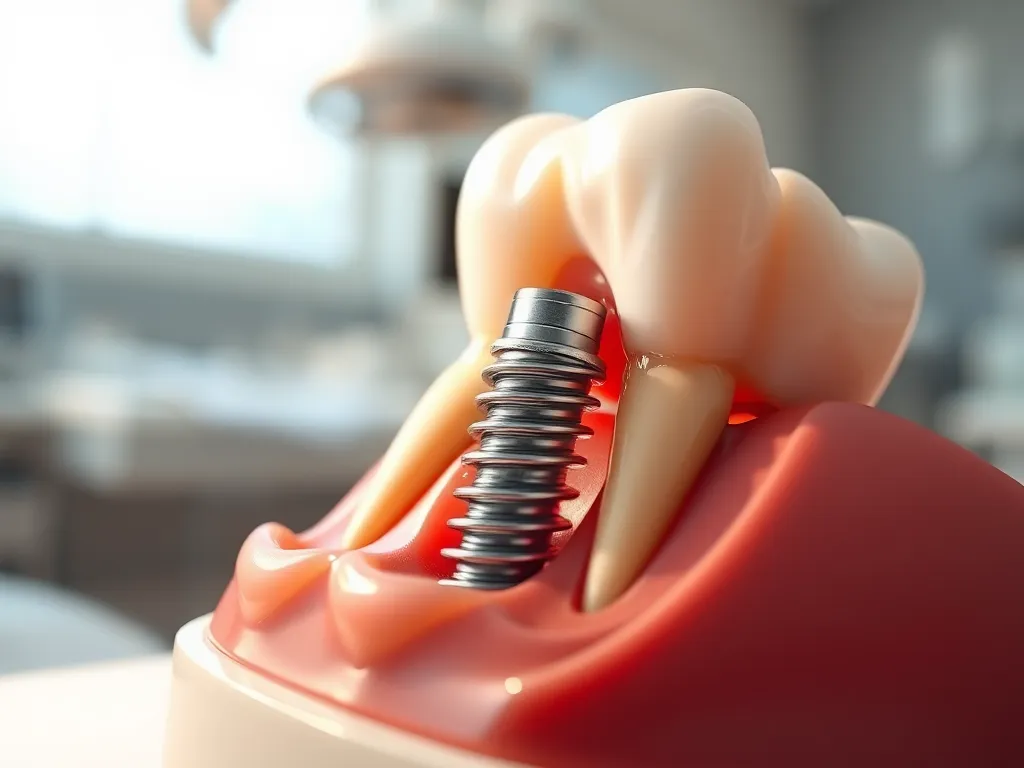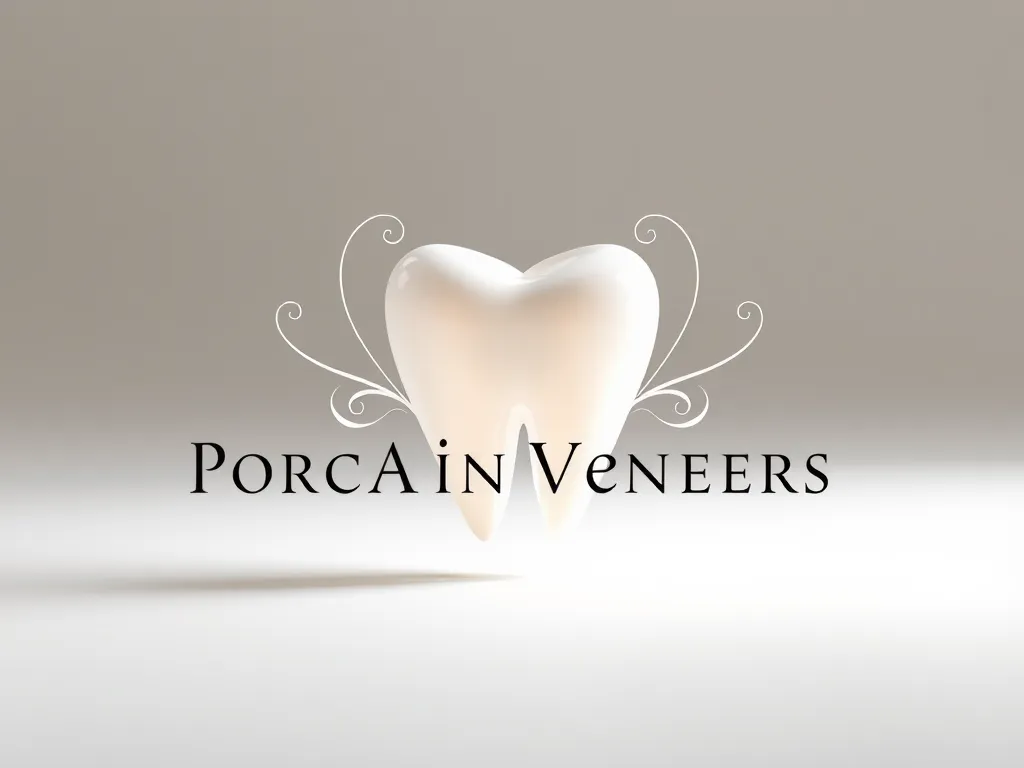Dental Implants A Permanent Solution for Missing Teeth

Dental Implants In Surrey Bc: A Permanent Solution for Missing Teeth
Dental implants are a popular and effective solution for replacing missing teeth. In Surrey, BC, dental implants have become increasingly common due to their ability to restore both the function and aesthetics of the mouth. Whether you have lost a tooth due to decay, injury, or age, dental implants offer a permanent and natural-looking solution.
A dental implant is a titanium post that is surgically inserted into the jawbone to serve as a replacement tooth root. Once the implant is securely in place, a custom-made crown is attached to the top, which seamlessly blends in with the surrounding teeth. This creates a permanent solution that feels and functions like a natural tooth.
One of the main benefits of dental implants is their ability to prevent bone loss in the jaw. When a tooth is missing, the jawbone can deteriorate over time, leading to a sunken appearance and further dental issues. Dental implants stimulate the bone and prevent this deterioration, preserving the facial structure and promoting oral health.
In Surrey, BC, there are various types of dental implants available to meet the unique needs of each patient. The most common type is endosteal implants, which are placed directly into the jawbone. Subperiosteal implants are an alternative for patients with insufficient bone height or quality. Your dentist can determine the most suitable type of implant for you.

The procedure for dental implant placement typically involves several steps. First, a thorough examination and consultation are conducted to assess your oral health and determine if dental implants are the right option for you. If so, the implant is surgically placed into the jawbone, and a temporary crown may be attached during the healing process. Once the implant has fused with the bone, a permanent crown is fabricated and attached.
Types Of Dental Implants
Endosteal implants are the most common type of dental implants. These implants are surgically placed directly into the jawbone and provide a strong foundation for replacement teeth. Endosteal implants are typically made of titanium and can support a single crown, a bridge, or dentures.
Subperiosteal implants are an alternative for patients with insufficient bone height or quality. These implants are placed on top of the jawbone, with the metal framework protruding through the gum to hold the replacement teeth. Subperiosteal implants are suitable for patients who cannot undergo bone augmentation procedures.
All-on-4 implants are a unique type of dental implant that is designed to replace a full arch of teeth. This technique involves placing four implants strategically in the jawbone to provide maximum stability and support for a fixed denture. All-on-4 implants offer a cost-effective and time-efficient solution for patients with multiple missing teeth.

Zygomatic implants are used in cases where there is inadequate bone in the upper jaw. Instead of being placed in the jawbone, zygomatic implants are anchored in the cheekbone, providing a stable foundation for replacement teeth. This technique is particularly beneficial for patients who have experienced severe bone loss in the upper jaw.
Your dentist will evaluate your oral health and jawbone structure to determine the most suitable type of dental implant for you. Each type has its advantages and considerations, and your dentist will guide you through the decision-making process.
Procedure For Dental Implant Placement
The procedure for dental implant placement generally involves several steps and may require multiple visits to the dentist. Here is a general overview of the process:
1. Initial consultation: Your dentist will conduct a thorough examination of your oral health, including X-rays and 3D scans of your jawbone. This evaluation will help determine if you are a suitable candidate for dental implants.
2. Treatment planning: If dental implants are recommended, your dentist will develop a personalized treatment plan based on your specific needs. This includes determining the number and position of implants and any necessary preparatory procedures, such as bone grafting or tooth extractions.

3. Implant placement: The surgery for dental implant placement is usually performed under local anesthesia. Your dentist will make an incision in the gum to access the underlying jawbone and carefully insert the titanium implant. In some cases, a temporary crown may be attached to the implant during the healing process.
4. Healing and osseointegration: After the implant is placed, the healing process begins. During this time, the implant fuses with the surrounding bone through a process called osseointegration. This ensures the implant becomes stable and can support the final crown.
Benefits Of Dental Implants
Dental implants offer several advantages over other tooth replacement options. Here are some key benefits of dental implants:
1. Improved appearance: Dental implants look and feel like natural teeth, enhancing your smile and overall facial aesthetics. The custom-made crown is designed to match the shape, size, and color of your existing teeth.
2. Enhanced oral function: Unlike dentures, dental implants allow you to bite and chew with ease. The stability and strength provided by implants make it possible to enjoy a varied diet without worrying about slippage or discomfort.
3. Long-term solution: With proper care and maintenance, dental implants can last a lifetime. This makes them a cost-effective option in the long run compared to other tooth replacement methods that may require frequent repairs or replacements.
4. Improved oral health: Dental implants help preserve the integrity of the jawbone by stimulating bone growth. This prevents bone loss and maintains the structure of the face. Additionally, implants do not require the adjacent teeth to be altered or supported, unlike dental bridges.
Cost Of Dental Implants In Surrey, BC
The cost of dental implants in Surrey, BC, can vary depending on several factors, including the number of implants needed, the type of implant, any additional procedures required, and the dentist's experience and expertise.
In general, the cost of a single dental implant in Surrey, BC, ranges from $1,500 to $6,000. This cost includes the surgical placement of the implant, the abutment, and the fabrication and placement of the crown.
It's important to note that dental implants are a long-term investment in your oral health and quality of life. While the upfront cost may be higher than other tooth replacement options, the durability and functionality of dental implants make them a worthwhile investment.
Additionally, some dental insurance plans may provide coverage for dental implants, reducing the out-of-pocket expenses. It's recommended to consult with your insurance provider to understand your coverage and any limitations.
Your dentist can provide you with a detailed cost estimate after evaluating your specific needs and treatment plan.
Aftercare And Maintenance Of Dental Implants
Proper aftercare and maintenance are essential for the long-term success of dental implants. Here are some important guidelines to follow:
1. Practice good oral hygiene: Brush your teeth twice a day with a soft-bristle toothbrush and fluoride toothpaste. Use a non-abrasive dental floss or interdental brush to clean the spaces between the implants and teeth.
2. Avoid excessive pressure: Avoid biting on hard objects or using your teeth to open packages. Excessive force can damage the implants or the surrounding teeth.

3. Regular dental check-ups: Visit your dentist regularly for professional cleanings and check-ups. Your dentist will monitor the health of your implants and detect any potential issues early on.
4. Quit smoking: Smoking can impair the healing process and increase the risk of complications. It's recommended to quit smoking to ensure the long-term success of your dental implants.
